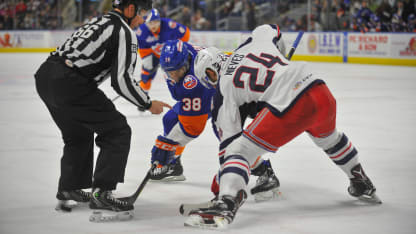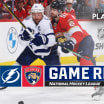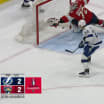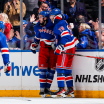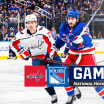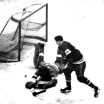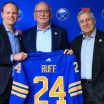The Toronto Maple Leafs have a very homegrown roster.
Forwards Tyler Bozak, Connor Brown, Zach Hyman, Nazem Kadri, Leo Komarov, Josh Leivo, William Nylander, and Nikita Soshnikov came to the Maple Leafs after playing in the AHL. Defensemen Connor Carrick, Jake Gardiner, and Morgan Rielly made the same journey, while forwards Kasperi Kapanen and Travis Dermott have been the latest recalls.
Maple Leafs prospects can expect considerable hands-on instruction along with a winning AHL environment. Under coach Sheldon Keefe, the AHL-leading Toronto Marlies are 32-11-1, have an 11-game point streak (10-0-1), and are on their way to making the Calder Cup Playoffs for the seventh consecutive season.
"The biggest thing the [AHL] represents is opportunity," Keefe said. "It's all about opportunity."
Keefe, 37, who played three seasons in the NHL with the Tampa Bay Lightning, can recall a much simpler development template. The Maple Leafs have built a premier AHL setup, but Keefe notes there is ample competition from other NHL organizations.
"I just think the amount of time, money, manpower that is put into development of players and coaches is just far greater than when I played," Keefe said. "There was maybe one assistant coach, max. No video coaches, no full-time goalie coaches, no skills coaches. It was almost a holding tank for players. Now I believe it's true development. I think the players really feel that.
"I think all of this has become such a huge priority now, and that's a game-changer."
